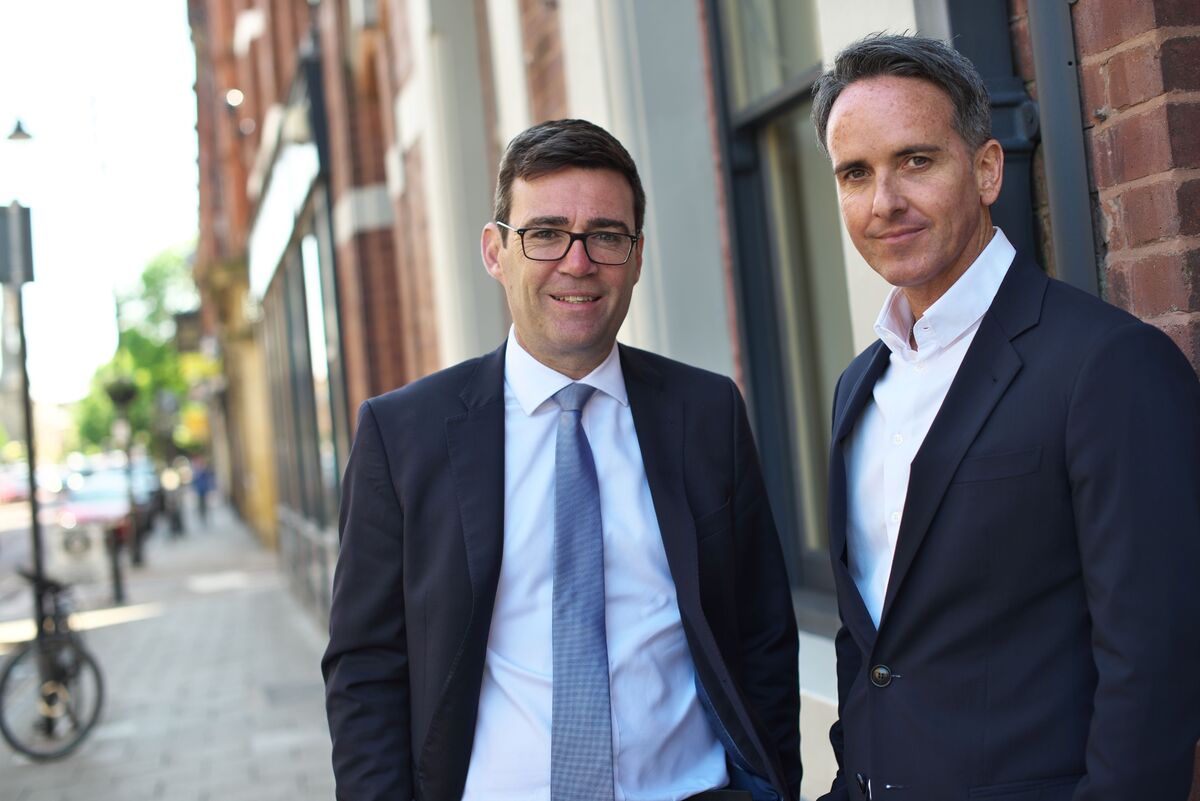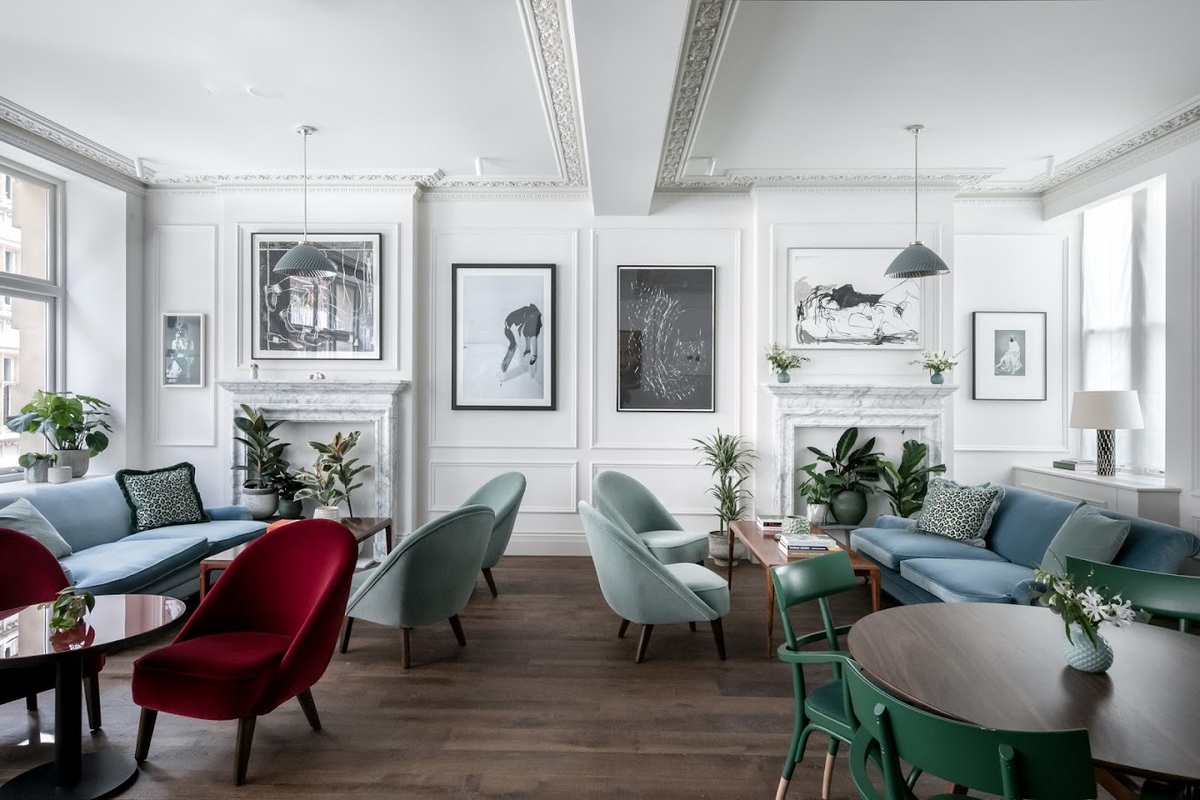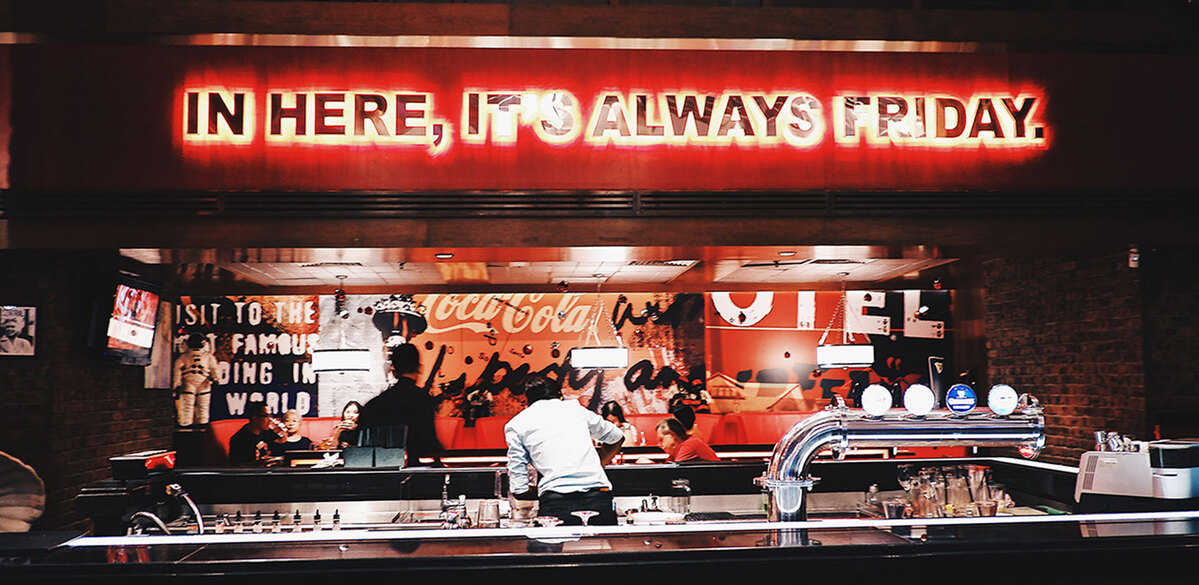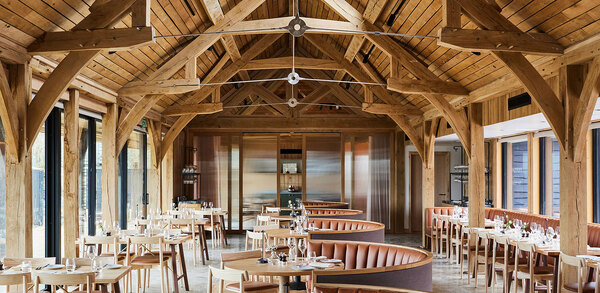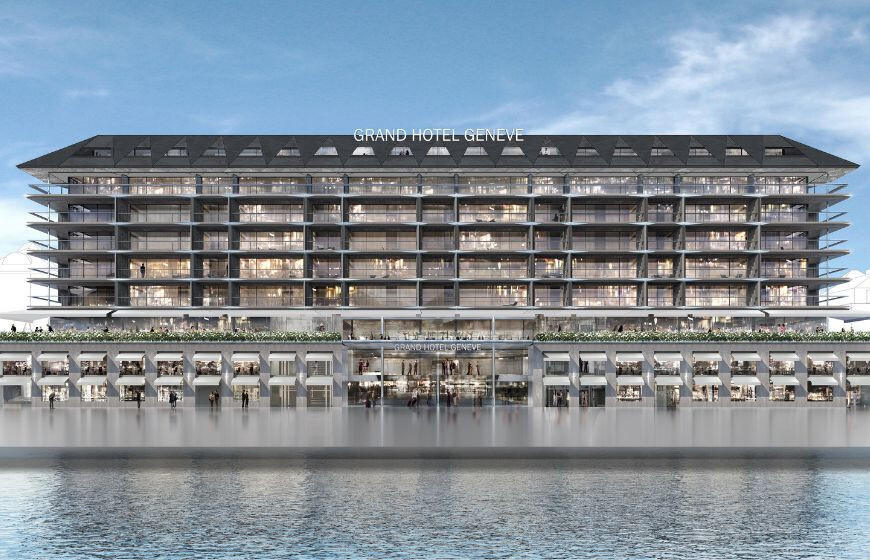Viewpoint: Man vs machine
AI and tech might make our jobs much easier, but the idea that they will replace people in hospitality is incredibly unlikely, says Peter Hancock
Solving current problems that affect our day-to-day life, like blocked drains, feeble broadband and unreliable train services, does not seem to excite the scientific community half as much as inventing new stuff. Hence, as you will surely know, squillions are instead being invested in Artificial Intelligence and machines that may in due course replace humans in countless ways. Driverless cars are often cited as early proof that the future is already here, but we are probably quite unprepared for the speed with which our own skills could become surplus to requirements.
Just consider all the jobs that might disappear once the robots really get into their stride: shelf stackers, supermarket cashiers and delivery drivers, farm workers, telesales staff, insurance actuaries, entire factory assembly teams and millions more. But do we really expect to have a recruitment problem in the hospitality industry once all these skilled and semi-skilled people have been made redundant?
Quite the reverse, I'd say. And how lucky we are to belong to a sector that has the greatest chance of continuing to need humans in order to provide the great service for which our customers are happy to pay.
The subject came up during an evening I recently spent with alumni from Sheffield University's Business School. We discussed the impact of technology on service within hotels and concluded that in budget hotels, where service is pretty much limited to housekeeping, any advances would most likely be made in terms of behind-the-scenes processes, whereas at luxury establishments, where service is everything, the personal touch cannot be improved upon with the help of technology. This is especially true of discretionary leisure stays, where the location is chosen on a whim rather than actual need.
What many people seem to forget is that our customers can easily manage without the things we sell to them. They have comfortable beds with nice bathroom facilities at home, often in very pleasant surroundings, and can find their favourite food and wines in their own kitchens. Disturbingly, many of them can cook very well, too. So, the one thing we can offer that isn't already available to them every day of the week is the kind of friendly, professional service only to be found at the best hotels and restaurants. Try replacing Diego Masciaga or David Morgan-Hewitt with robots and watch their devoted clients stay away from Bray and Belgravia in their droves.
Peter Hancock is the chief executive of Pride of Britain hotels



